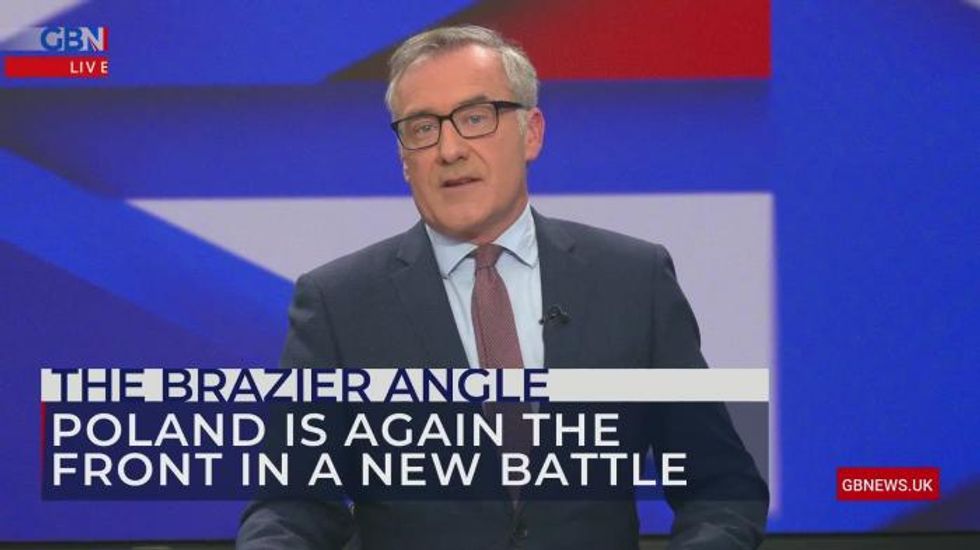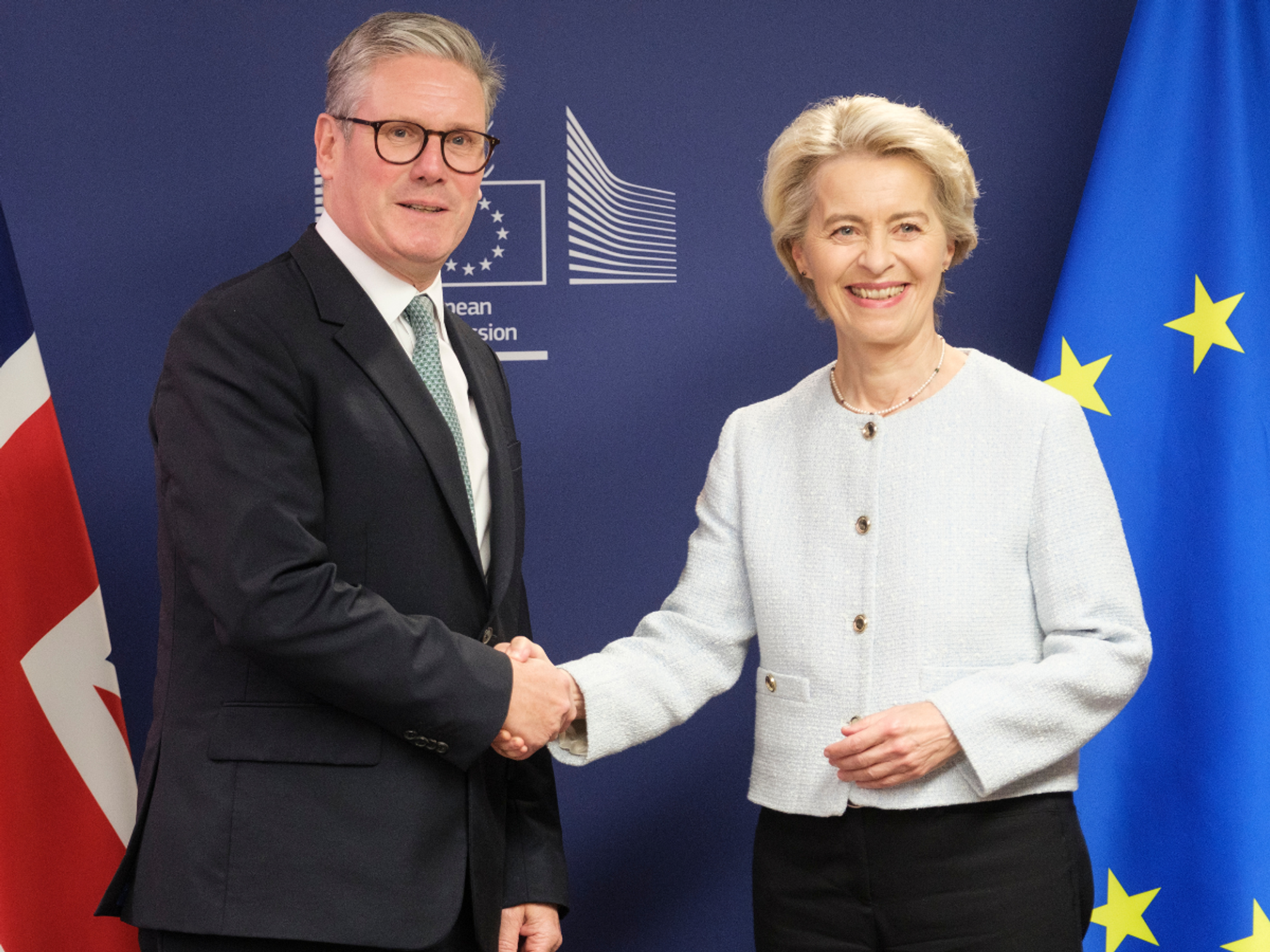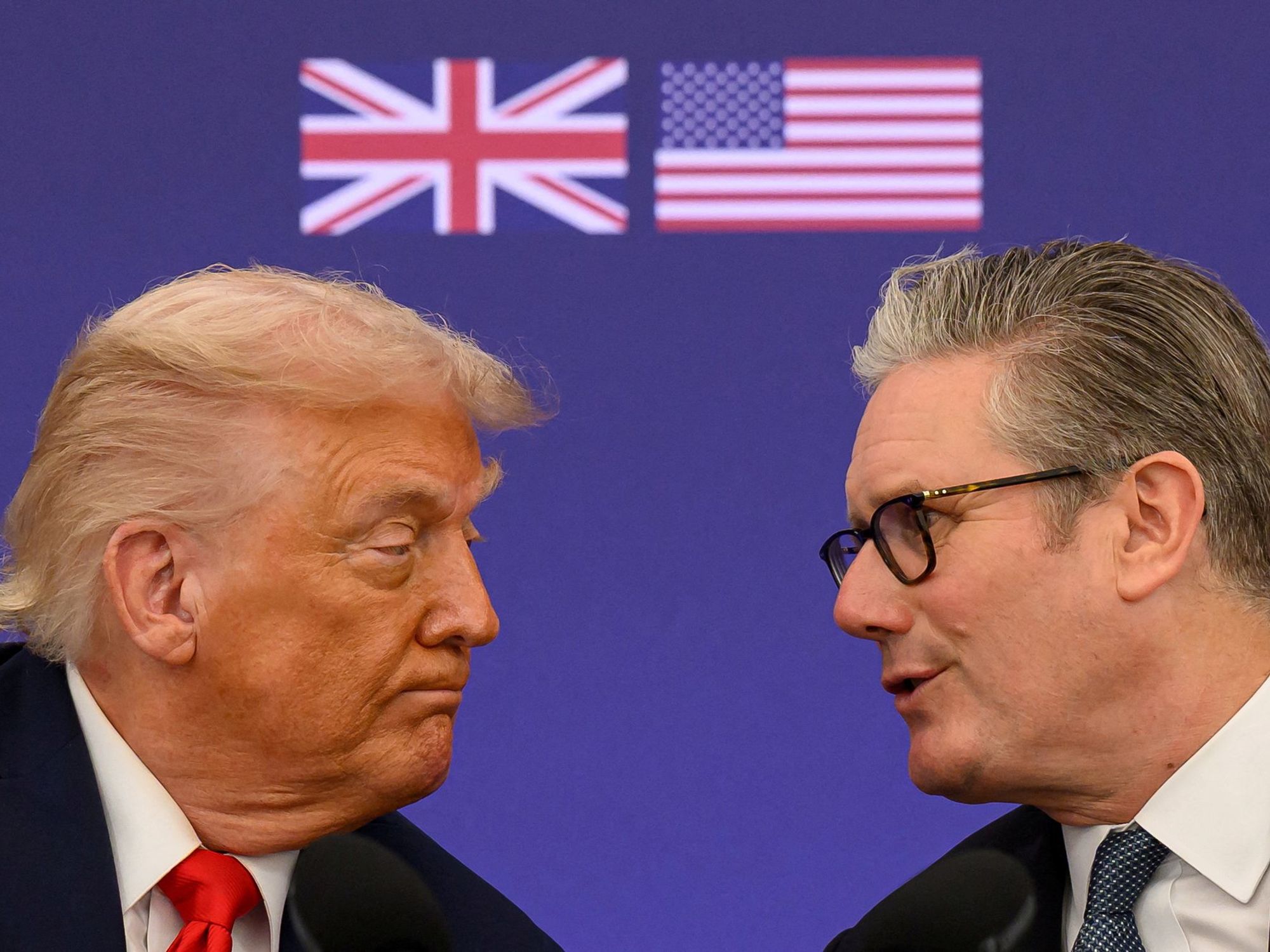Colin Brazier: Poland is again the front in a new battle

By Colin Brazier
Published: 19/10/2021
- 20:37Updated: 19/10/2021
- 20:54Will the EU challenge this hybrid warfare?
Don't Miss
Most Read
There was a time, within living memory, when the borders of Poland were deeply bound-up with the fate of our own country. In 1939, the UK went to war to preserve the territorial integrity of a country whose border towns, if we could name them on a map, we would struggle to pronounce.
When the invasion came 82 years ago, it came from the West, from Germany. Today, there’s a new and very different kind of invasion. This time from the East. Again, the Poles are resisting. But this time most Britons have no idea what’s happening, nor any inkling of how what unfolds on that faraway frontier might have an impact closer to home.
The Eastern border in question is 250-miles long, and separates Poland from Belarus. It’s the setting, not for total war against the Wehrmacht, as it was in 1939, but a type of conflict that is distinctly a creation of the 21st century – hybrid warfare.
It has seen the authoritarian government of Alexander Lukashenko weaponize migration.
Since August, the Poles have managed to stop 16,000 migrants entering their country from Belarus. But what about those many thousands who aren’t detected? It’s entirely possible they complete their journey westwards on a boat bound for Britain.
What’s new about this is the malicious intent. This isn’t a repeat of what happened in 2015, when migrants found their way into Western Europe by trial and error and with an invite from Angela Merkel. This is different. Belarus is using migration to effectively wage war on countries it doesn’t like, with whom it has a beef.
This has happened quickly. At the start of the year, there was a single flight from Baghdad to Minsk, the capital of Belarus. Now there are several flights from multiple Iraqi cities.
As Poland’s Deputy Foreign Minister noticed: “Suddenly, there are thousands of migrants from the Middle East or African countries in Belarus and suddenly, somehow, it is a very popular holiday destination for these people."
The Poles do a good line in irony, but it won’t stop the influx of migrants who, when they arrive in Minsk, are effectively bussed to the borders with Poland and the Baltic republics. The Poles are doing what they can; sending in thousands of soldiers and building a wall to go with the razor-wire fence.
But when a neighbouring country is determined to turn its border into a gateway to Europe that’s 250 miles wide –- that’s the equivalent of London to Durham — there are limits to what you can do.
To my mind, events on the Polish border raise two important questions. One for Brussels, one for London. In Brussels they have to decide whether they’ll cave or resist. Belarus is waging this hybrid warfare because the EU has hit-it with sanctions. Brussels didn’t like the recent dodgy elections in Belarus and was horrified, rightly, when the hard men in Minsk forced a plane to land in May so they could get their hands on a troublesome journalist. The EU has some options. All those planes flying into Minsk, for instance; a lot of them are leased from Ireland, and there’s talk of that being stopped.
But there’s another question, this one for us. It’s less about sanctions and diplomacy and human rights and more about a basic philosophical question. It’s this: what are we to think of illegal migrants if our enemies think of them as ammunition in a conflict? Some very unsentimental former communists in Belarus, and that probably means Moscow too, have decided that if you want to harm a country you send them illegal migrants.
What on earth does this say to those in Britain who argue, on the airwaves, in parliament, in newspapers, that we’re all far too uptight about migration and we should embrace open borders, because migrants will enrich our nation no end. What do they know, what secret wisdom do they possess, that Minsk or Moscow do not.











